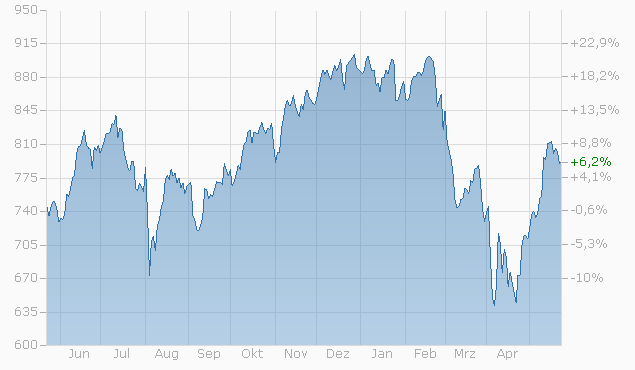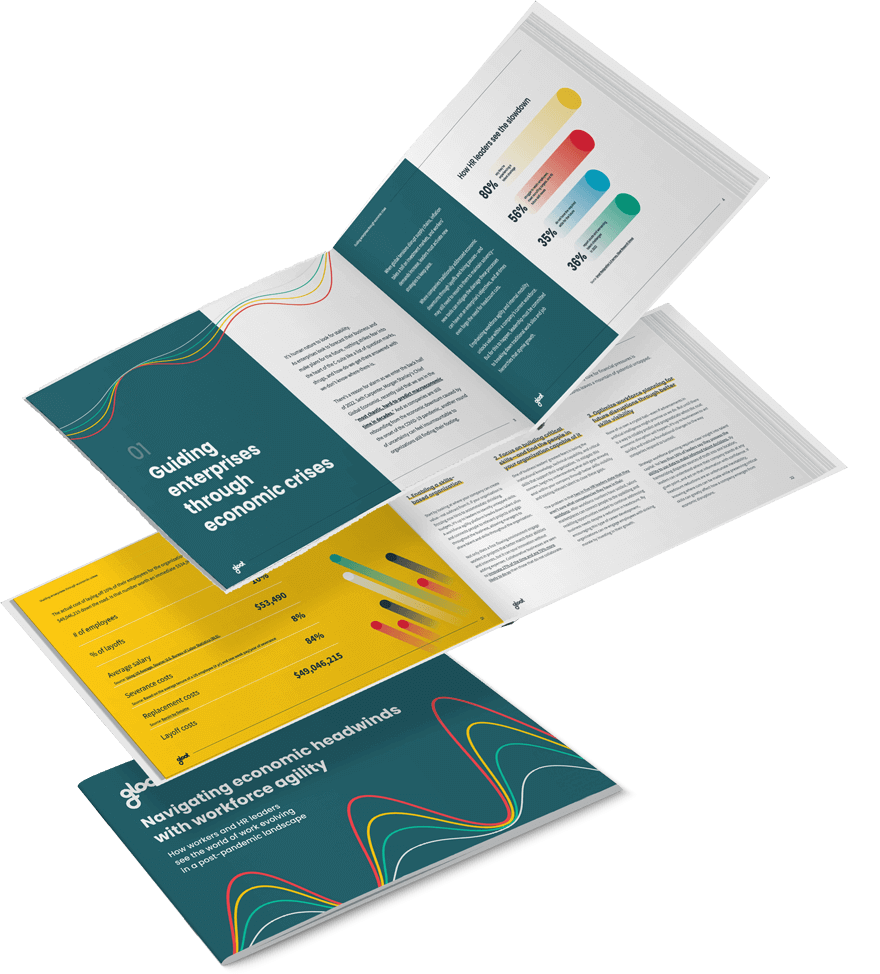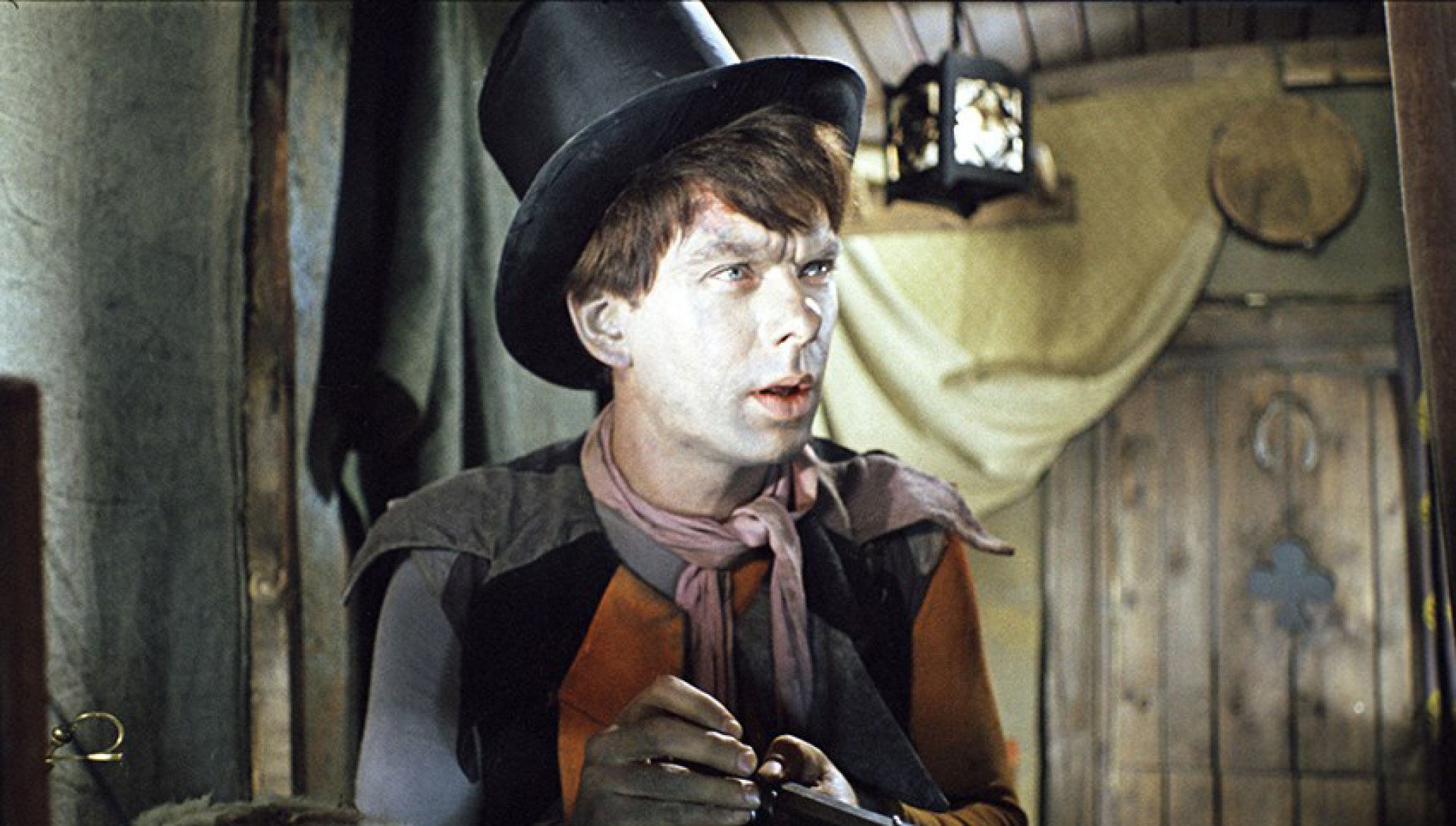Financial Considerations For Your Escape To The Country

Table of Contents
Property Costs: More Than Just the Purchase Price
The allure of a charming cottage or sprawling farmhouse can quickly overshadow the significant financial commitment involved. Understanding the true cost of rural property goes far beyond the initial asking price.
Understanding Property Values in Rural Areas
Rural property values fluctuate dramatically based on several key factors. Location plays a significant role; proximity to amenities like schools, hospitals, and shops significantly impacts price. The condition of the property itself, its size, and the acreage of accompanying land all contribute to the overall valuation.
- Factors influencing rural property prices: Demand, local infrastructure, proximity to towns and cities, property size and condition, land size, and views.
- Average costs compared to urban areas: Rural properties can sometimes be cheaper than comparable urban properties, but this isn't always the case. Thorough research is essential.
- Research tools for property valuation: Use online property portals, consult local estate agents, and obtain professional valuations to get an accurate picture of market values.
Hidden Costs of Rural Property Ownership
Beyond the purchase price, several hidden costs can quickly add up. These often overlooked expenses can significantly impact your budget. Be prepared for:
- Conveyancing costs: Legal fees associated with transferring ownership of the property.
- Potential repair/renovation budgets: Rural properties often require more maintenance and repairs than their urban counterparts. Factor in potential renovation costs.
- Survey fees: Essential to identify any potential problems with the property or land.
- Stamp duty: A tax payable on the purchase of a property (rates vary by location).
- Land registry fees: Fees associated with registering the property in your name.
Financing Your Country Escape
Securing the necessary financing for your rural property requires careful planning. Several options exist, each with its own implications:
- Mortgage options for rural properties: Many lenders offer mortgages for rural properties, but terms and interest rates may vary. Shop around for the best deal.
- Securing a loan with a rural property as collateral: Using your rural property as collateral can provide access to loans for renovations or other expenses.
- Saving strategies for a down payment: A significant down payment can often secure better mortgage terms. Develop a robust savings plan.
- Government schemes or grants for rural property purchases: Some regions offer government schemes or grants to encourage rural development; research these opportunities.
Ongoing Expenses: The True Cost of Country Living
The idyllic charm of country living often masks the higher ongoing expenses associated with this lifestyle. Be prepared for increased costs in several key areas.
Higher Utility Bills
Rural locations often involve higher utility costs than urban areas. Consider the following:
- Heating costs (oil, gas, wood): Heating rural properties can be expensive, especially in colder climates. Factor in fuel costs or the cost of installing a wood-burning stove.
- Water usage and supply: Water may be sourced from a private well, leading to higher maintenance and potential repair costs.
- Electricity consumption in rural settings: Electricity costs can be higher due to reliance on private generators or less efficient power grids.
Transportation Costs
Transportation becomes a significant factor in rural life.
- Increased driving distances: Daily commutes and errands require significantly more driving, increasing fuel and vehicle maintenance costs.
- Higher vehicle maintenance costs due to poor road conditions: Rural roads can be less well-maintained, leading to increased wear and tear on your vehicle.
- Public transport limitations: Public transportation options are often limited in rural areas.
Maintenance and Repairs
Rural properties typically require more maintenance and are more susceptible to damage.
- Higher costs associated with property maintenance: Regular maintenance is crucial to prevent costly repairs.
- DIY vs. professional services: Weighing the costs and time commitment of DIY repairs versus hiring professionals is crucial.
- Potential for unexpected repairs: Unexpected issues like plumbing problems or roof damage are more likely in older rural properties.
Lifestyle Changes and Budget Adjustments
Moving to the country often necessitates adjustments to your lifestyle and budget.
Reduced Income Opportunities
Relocating to a rural area may impact your income.
- Commuting costs: Long commutes to work can significantly increase expenses.
- Limited job opportunities in rural areas: Job markets in rural areas are often smaller and more specialized.
- Potential for self-employment: Self-employment may be a viable option, but it requires careful financial planning.
Increased Self-Sufficiency
Growing your own food or sourcing goods locally can offer cost savings but may also entail initial investments.
- Costs of setting up a garden: Creating a productive garden requires investment in tools, seeds, and potentially soil amendments.
- Benefits of homegrown produce: Homegrown produce can significantly reduce grocery bills.
- Sourcing local goods: Supporting local businesses reduces transportation costs but may result in higher prices for certain goods.
- Transportation of supplies: Getting supplies to your rural location may involve extra trips and costs.
Community Involvement and Social Costs
Participating in rural communities can be enriching but may also involve some financial commitments.
- Membership fees for local organizations: Joining local groups and clubs often requires membership fees.
- Participation in community events: Attending community events may involve travel costs.
- Travel expenses to socialize: Socializing with friends and family may require longer journeys and increased travel costs.
Conclusion
Moving to the country is a significant decision with considerable financial implications. Careful planning, thorough research, and a realistic budget are key to making your rural escape a success. This article has highlighted some of the major financial considerations involved in this exciting change, from initial property costs to ongoing expenses and lifestyle adjustments.
Call to Action: Before you take the leap and begin your escape to the country, make sure you carefully weigh all the financial factors involved. Further research into specific regional costs and available financial assistance programs is highly recommended to ensure a smooth transition to your idyllic country life. Remember, thorough financial planning for your escape to the country is key to a happy and stress-free rural retreat.

Featured Posts
-
 Faiz Indirimi Sonrasi Avrupa Borsalarindaki Degisimler
May 24, 2025
Faiz Indirimi Sonrasi Avrupa Borsalarindaki Degisimler
May 24, 2025 -
 Amundi Msci All Country World Ucits Etf Usd Acc A Guide To Net Asset Value Nav
May 24, 2025
Amundi Msci All Country World Ucits Etf Usd Acc A Guide To Net Asset Value Nav
May 24, 2025 -
 Finding Bbc Radio 1 Big Weekend 2025 Tickets The Ultimate Guide
May 24, 2025
Finding Bbc Radio 1 Big Weekend 2025 Tickets The Ultimate Guide
May 24, 2025 -
 Paris Faces Economic Headwinds Luxury Sector Decline March 7 2025 Update
May 24, 2025
Paris Faces Economic Headwinds Luxury Sector Decline March 7 2025 Update
May 24, 2025 -
 Test Kak Khorosho Vy Znaete Roli Olega Basilashvili
May 24, 2025
Test Kak Khorosho Vy Znaete Roli Olega Basilashvili
May 24, 2025
Latest Posts
-
 Demna Gvasalia And Gucci A Partnership Explained
May 24, 2025
Demna Gvasalia And Gucci A Partnership Explained
May 24, 2025 -
 Fedor Lavrov O Pavle I Pochemu Lyudi Lyubyat Schekotat Nervy
May 24, 2025
Fedor Lavrov O Pavle I Pochemu Lyudi Lyubyat Schekotat Nervy
May 24, 2025 -
 Is Demna Gvasalia The Right Choice For Gucci
May 24, 2025
Is Demna Gvasalia The Right Choice For Gucci
May 24, 2025 -
 Lyudi Lyubyat Schekotat Nervy Fedor Lavrov O Pavle I I Trillerakh
May 24, 2025
Lyudi Lyubyat Schekotat Nervy Fedor Lavrov O Pavle I I Trillerakh
May 24, 2025 -
 The Demna Gvasalia Gucci Collection A First Look
May 24, 2025
The Demna Gvasalia Gucci Collection A First Look
May 24, 2025
